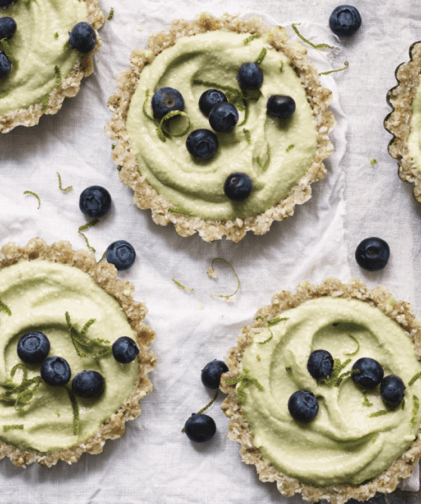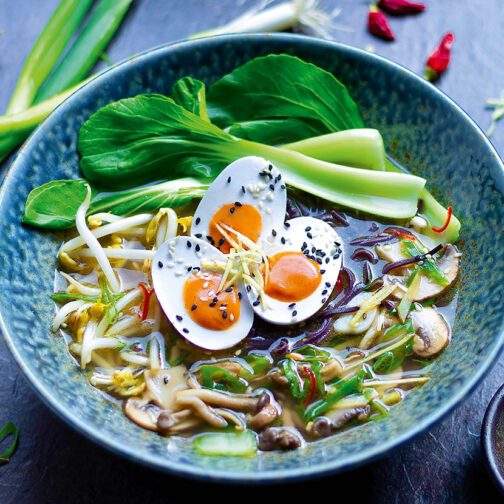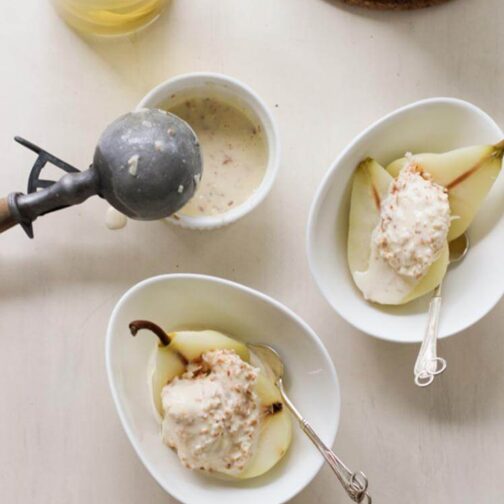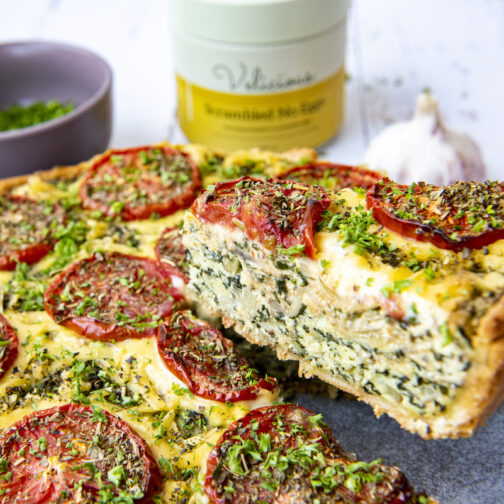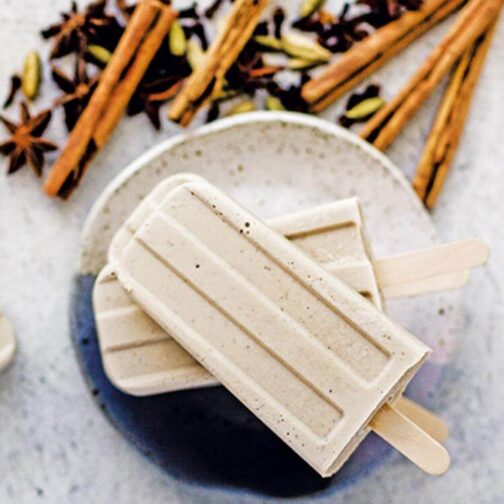
You can get all the nutrients your body needs on a plant-based diet. This guide will help you get them in abundance.
In this guide, we take you through the key nutrients to know about on a plant-based diet. Spoiler alert! If you eat a variety of vegetables, fruit, wholegrains, legumes, nuts and seeds, you won’t have much to worry about.
Remember
This information is for the purpose of providing general information only. Seek professional advice as appropriate from a qualified nutrition expert for your specific needs.
MACRONUTRIENTS
Protein
It’s true, protein forms the building blocks of body tissue and you need it for growth and maintenance. But did you know it’s in just about everything? That means, if you eat a varied vegan diet, you’ll easily meet your needs. Plant-based protein can actually be superior to animal-based protein in that it comes without the saturated fat, hormones, and antibiotics and instead delivers an abundance of vitamins, minerals, antioxidants.
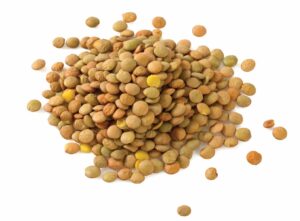
Protein sources:
-
legumes – lentils, peas, black beans, chickpeas, kidney beans
-
whole grains – quinoa, buckwheat, oats, rice, wheat
-
nuts – almonds, cashews, walnuts, brazil nuts, pistachios, pecans,
-
seeds – pumpkin seeds, sunflower seeds, hemp seeds, sesame seeds, chia seeds
-
tempeh, tofu, seitan
Carbohydrates
Don’t be afraid of carbs! You need them for energy. What you want to do is choose complex carbohydrates like whole grains and starchy vegetables while avoiding simple carbohydrates such as sugar and refined foods. If you don’t fuel up with enough carbs, you’ll fall victim to cravings and that usually leads to bad food choices.
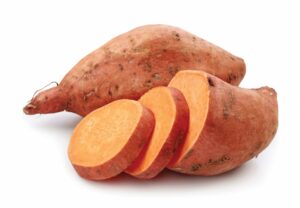
Carbohydrate sources:
-
whole grains – rice, quinoa, oats, barley, buckwheat
-
starchy vegetables – sweet potatoes, potatoes, pumpkin
-
whole wheat bread and pasta
-
beans, lentils, peas
Healthy Fats
You need healthy fats for brain and nerve function, and for your immune system. It’s also important for healthy skin and hair. In particular, you need to make sure you’re getting the right balance of essential fatty acids. Keep omega-6 fatty acids in check by cutting out seed oils, margarine, and processed foods. On the other hand, make sure you eat your omega-3 fats because it’s vital you get enough of these.
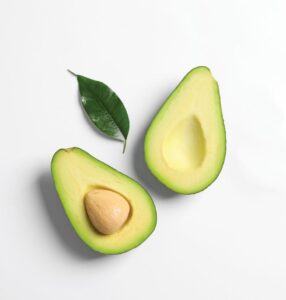
Healthy fat sources:
-
Chia seeds, flax seeds, hemp seeds, walnuts
-
avocados, Brussels sprouts, leafy greens
-
sea greens and algae
VITAMINS
***
Vitamin B12
B12 is required for your nervous system and cell production. It is produced by bacteria in soil and water, and prior to modern food production where everything is sanitised, we would most likely have met our requirements by eating foods from the ground and drinking untreated water. Animal foods contain B12 because the animals are widely supplemented themselves, whereas plant-based eaters have cut out the middleman and need to take their own. B12 supplements are recommended for everyone over 50, and anyone who follows a plant-based diet.
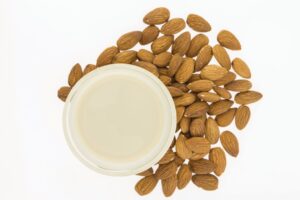
Vitamin B12 sources:
-
B12-fortified foods – plant milks and yoghurts, breakfast cereals, yeast extracts and nutritional yeast flakes
-
Supplements
Vitamin D
We need vitamin D for healthy bones and teeth, and for the absorption of calcium. This should be a pretty easy one because you can get what you need from simple sunshine! However, due to indoor lifestyles and the need for sun protection, most people need to also consume it in foods. If you do supplement, be aware that while vitamin D2 is derived from plant sources, vitamin D3 can be from animal sources – so check the labels to find a plant-based one.
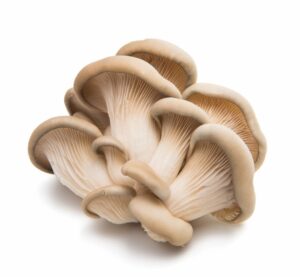
Vitamin D sources:
-
sunshine
-
mushrooms
-
fortified plant milks, tofu, fortified cereals
Vitamin C
Vitamin C is a powerful antioxidant that helps you fight infections and heal wounds. It’s also essential for growth and repair of tissues in your body, and in the production of collagen. Critically, it can also help you absorb iron from the food you eat. So, it’s important to try and consume sources of vitamin C and iron together, for example, fresh fruit with cereal or bell peppers with beans.
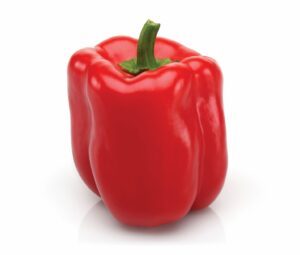
Vitamin C sources:
-
vegetables – bell peppers of all colors, kale, spinach, broccoli, Brussels sprouts, leafy greens, parsley, peas
-
fruits – oranges, strawberries, kiwi fruit, mango, lemon, pineapple, tomatoes, cantaloupe, papaya
MINERALS
***
Iron
Iron is used for energy and red cell production as well as moving oxygen around your body. Iron deficiency is common in women, but rest assured, plant-based eaters do not have a higher incidence than meat eaters. What is important for everyone is to consume vitamin C at the same time as iron to help with absorption. Also if you are supplementing, avoid taking iron and calcium at the same time as this can inhibit absorption.
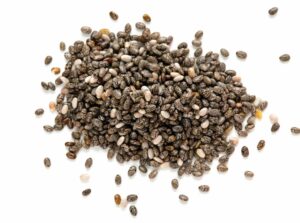
Iron sources:
-
spinach, kale, leafy green vegetables, pumpkin, sea vegetables, mushrooms, potatoes (skin on)
-
all legumes including tofu, tempeh, lentils, beans, peas
-
quinoa, chia seeds, sunflower seeds, dried fruit, spirulina blackstrap molasses, tahini
Tip: Cook foods in cast iron pans for an iron boost.
Calcium
You definitely don’t need to eat dairy to get your calcium. In fact, we absorb the calcium in greens better than we do in cow’s milk. But you do need to get enough calcium for strong bones and muscles. And, it’s difficult to meet your daily requirements with leafy greens alone – so it’s best to also consume a fortified product or another plant source.
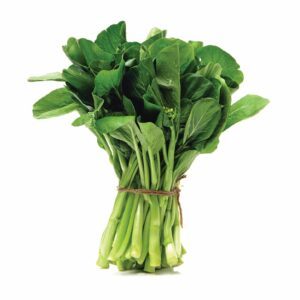
Calcium sources:
-
dark leafy green vegetables— kale, bok choy, broccoli, Chinese cabbage, seaweed, and cruciferous vegetables
-
fortified plant milks, cereals, and orange juice
-
firm tofu, tempeh, chia seeds, tahini, beans, oats, almonds, figs, blackstrap molasses
Zinc
Zinc helps your cells grow and repair, and plays a role in thyroid health, skin health, protein metabolism, and a healthy immune system. So basically, you need it for everyday function. Like iron, the body can have trouble absorbing zinc, and some legumes and whole grains contain phytates that block absorption. However, by soaking or sprouting grains, legumes, and beans before cooking, the phytic acid is reduced. Eating enough protein and consuming fermented foods can also boost absorption.
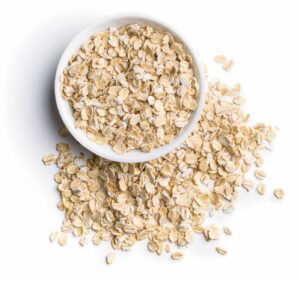
Zinc sources:
-
beans, lentils, peas, sprouts
-
oatmeal
-
cashews, peanuts, walnuts, pecans, pistachios
-
sunflower seeds, chia seeds, hemp seeds
-
tofu, tempeh
Iodine
Iodine is important for your metabolism and healthy functioning of your thyroid gland. We only need a small amount, but that small amount is vital, particularly for pregnant women. Be aware that iodine deficiency can lead to an underactive thyroid gland, and an excessive amount can lead to thyroid disorders. Iodine in fruits and vegetables is inconsistent and depends on the iodine content of the soil it’s grown in.
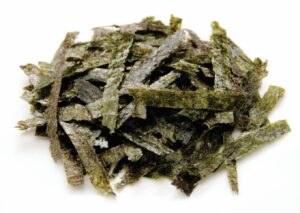
Iodine sources:
-
sea vegetables, nori sheets, dulse flakes, wakame
-
plant milks fortified with iodine, iodised salt (in moderation)
-
depending on the soil – whole grains, green beans, zucchini, kale, leafy greens, asparagus, potatoes (skin on) strawberries, cranberries
Selenium
Selenium is an antioxidant that helps you fight disease. The best source of selenium is Brazil nuts, so this is the easiest way to meet your nutritional needs. Other foods contain selenium in smaller amounts, so if you’re allergic to nuts, this might be a good mineral to supplement.
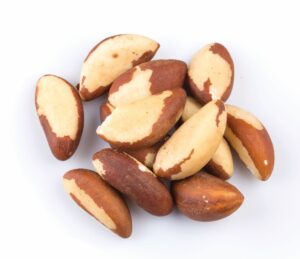
Selenium sources:
-
Brazil nuts (just 2 a day will meet your needs)
-
whole grains – whole wheat bread, oatmeal, barley, rice
-
beans, sunflower seeds, mushrooms



